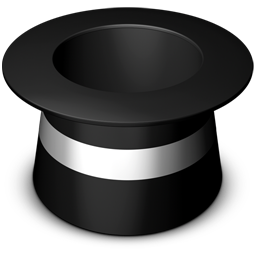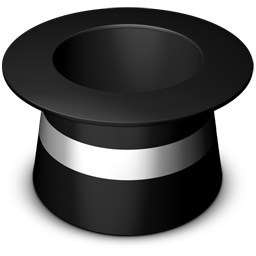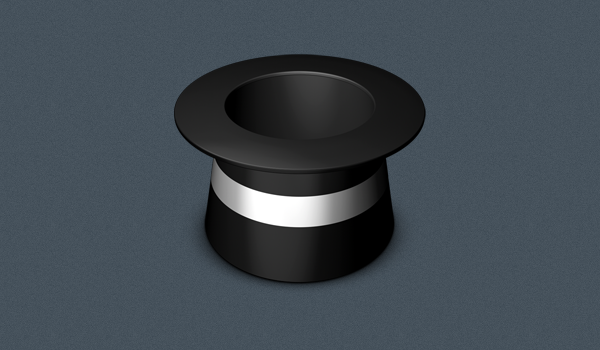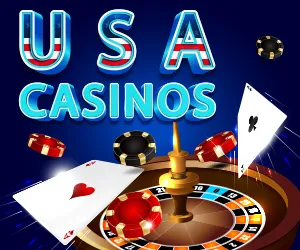Home of the most passionate list loving community on the planet. Come create your own top ten list or vote and comment on the thousands of top 10 lists we already have at toptentopten.com
Home of the most passionate list loving community on the planet. Come create your own top ten list or vote and comment on the thousands of top 10 lists we a... more

UNRANKED
CURRENT SCORE
less stats more stats4.79
Rank (best ever) 9
Score (all time) 4508.00
Created 02/05/08
Views 4504
Votes [disabled]
view list history
1
Oh, Asante! Oh, humanity!
The NFL offered no such they-a-culpa for Patriots fans. (Shut up, Raiders fans, the tuck rule may be a bad rule but it was interpreted correctly.) The Patriots-Broncos playoff game turned on a phantom pass interference call on Asante Samuel who despite perfect coverage � and looking back for the ball � was flagged for a 39-yard pass interference penalty that basically awarded Denver its first lead. This call led HBO's Cris Collinsworth to plead with the league that pass interference penalties have to be able to be reviewed. I repeat that plea here. How can you have these 40- and 50-yard plays determining the outcome of playoff games with no way to make sure you're getting them right?
2
The Polamalu
Ah, the play that made every NFL fan realize he has no idea what constitutes a catch. Late in the Steelers win over the Colts, Troy Polamalu picked off a Peyton Manning pass to seal Pittsburgh's victory. And then Morelli went under the hood and transformed into a basketball official from the 1972 Olympics. Despite clearly catching the ball, keeping his arm under it as he rolled across the turf, Polamalu's terrific play was waved off when Morelli emerged with his tortured explanation that the NFL later admitted was misguided.
3
Brain-lock on Locklear
Just when it looked like the Seahawks might weather the offensive pass interference call on Jackson and a suspect holding call on a big punt return and take a fourth-quarter lead, Leavy came to the Steelers' rescue. Matt Hasselbeck had delivered a strike to Jerramy Stevens, which the nervous, footstep-hearing tight end had managed to haul in for a first-and-goal at the 1. But wait. Leavy wiped out the play by calling a holding penalty on Locklear. Replays revealed that Locklear had used a popular technique called "blocking" to keep the Steeler pass rusher off his quarterback. With yet another certain touchdown taken off the board, the Seahawks were dead. Honorable mention: The 15-yard penalty on Matt Hasselbeck for merely tackling Ike Taylor on the subsequent interception return may have been the worst call in the entire postseason. But with so many other major officiating mistakes happening around it, it kind of got lost in the wash of yellow laundry.
4
The do-over
Of all the moments where the officials seemed to lose control in these playoffs, none was more embarrassing than when Morelli's crew blew their whistles and called nothing in the Steelers-Colts game. The Colts came flying across the line, insisting a Steeler had flinched (replays supported this assertion). Whistles blared, line judges sprinted toward the action, a conference ensued. The call? Nothing. Not a false start, not offsides, nothing. Just a do-over. The missed false start helped the Steelers get a critical first down.
5
Play clock, schplay clock, the original
... the extra TWO SECONDS that ticked off after the play clock expired late in the Bears-Panthers game before the play that pretty much ended Chicago's season. Now it was the Bears that initially benefited from the no-call, but after Rex Grossman threw a pick on a play that never should have happened, their fans had to wonder what the referee had been thinking. As Madden explained, the ref has to watch the play clock, then when it goes to zero, shift his focus to the ball. That's why you so often see balls snapped about a half-beat after the play clock expires without a flag being thrown. But maybe the ref needs to begin turning his eyes to the ball just a tad before the play clock reads zero. Or at least in the case of this play, within two seconds of the play clock expiring. Can you imagine if Grossman had thrown a TD pass on this play instead of a pick?
6
Play clock, schplay clock, the sequel
When Leavy granted Ben Roethlisberger a timeout after the play clock had run down to zero late in the game, it was the final nail in the Seattle coffin. Spared the five-yard delay of game penalty, the Steelers were able to convert the first down and burn up more clock. The one-second grace period Leavy gave Roethlisberger had Al Michaels and John Madden chortling about ...
7
Antwaan Randle El gets mugged on no-call
Speaking of pass interference no-calls� the day after the Patriots lost to Denver, Triplette's beleaguered crew was outdone by Pete Morelli and his gang. In the second quarter, Antwaan Randle El had beaten his man deep and was adjusting to an underthrown ball when he was tackled by a Colts DB. It's the easiest P.I. call in the game and one we see every week. Only not this week. On most Sundays this would have been the worst officiating moment, but there was oh so much more to come in this one.
8
Andre' Davis gets mugged on no-call
Back to Denver. There were a lot of bad calls and bad no-calls in the Pats-Broncos game, but one that got almost no attention came on the Patriots' fifth and final turnover. Yes, Tom Brady was making a desperation heave into triple coverage and, yes, the ball probably deserved to be picked. But that doesn't excuse what happened next and the no-call that went with it. While Denver safety John Lynch measured the flight of the ball lining up his interception, a teammate simply tackled intended receiver Andre' Davis. Now Davis wasn't going to make a catch on the play, but had he not been tackled, he could have at least broken up the pick. The game was pretty much over at that point so it wasn't that big a deal. But when you compare the no-call to a pass interference call made earlier in the game, it's staggering. More on that later.
9
Darrell Jackson's offensive pass interference
Okay, maybe by the narrowest, most picayune interpretation of the rule, you could make an argument that D-Jack pushed off. But in the real world, on a broken route, when a smaller wide receiver is hand-fighting with a much bigger safety, this exchange does not constitute offensive pass interference. You got the sense from his hesitance that the back judge had already decided on the no-call, then changed his mind once he saw the result of the play. The call negated a great adjustment by Matt Hasselbeck, who put the ball where only Jackson could catch it. And is there anything more depressing than watching dubious calls wipe out great plays?
10
Champ Bailey's magic fumble
It was the play that ended the Patriots dynasty. But it shouldn't have. When New England tight end Benjamin Watson made his incredible dash from the opposite side of the field to crush Champ Bailey at the 1-yard line after a 100-yard interception return, the ball exited the field of play at an angle, crossing over the pylon before landing out of bounds. Had referee Jeff Triplette heard and heeded analyst Phil Simms' astute advice � make a direct line from where the ball landed back to where it was fumbled to determine where it went out � it would have been New England ball at the 20. Instead, Triplette took the easy way out, basically awarding the home team a TD by giving them the ball at the 1. It was the second touchdown the officials had generously awarded to the Broncos. More on that later.
[source: https://msn.foxsports.com/nfl/story/5311162 ]
Not watching this list (get updates on this list).
(all people watching this list)
MORE LISTS


Top Ten Toughest NFL Stadiums to Play

Top Ten Top Ten Greatest College Football Games

RECOMMENDED LISTS


COMMENTS







 ).
).
